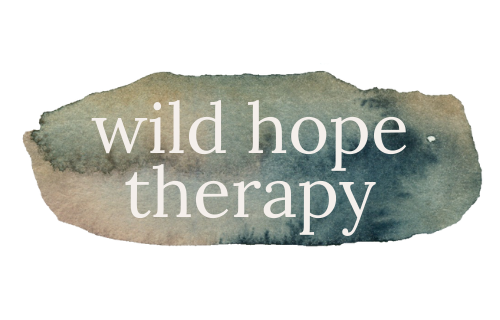book review: Atlas of the Heart
by: julie iuliano, lisw
I fell in love with Brené Brown's work a long time ago, and when her latest book Atlas of the Heart came out in the fall of 2021 I thought it would be similar to her other works around courage, bravery, and vulnerability. It is not. Atlas of the Heart explores 87 emotions we experience as human beings, and as Brown would say, “it was a game changer.”
I often say to clients when we talk about connection or how to express self-compassion that “we never got to learn this in school.” There was something very intimate about this book, and frankly hard to write about now, because it exposes so many vulnerable parts within us– parts that are possibly linked to previous painful experiences we might not have been given the tools to explore before. This naturally leads to the discovery or acknowledgement of what that part of the self was experiencing and might still need. Sectioned into chapters such as “Places We Go When We’re Hurting” or “Places We Go With Others,” the format of the book enhances this experience. This particular style of organizing the book’s main concepts serves to transport the reader to these “places” during the reading experience, and while you’re there, consider what might need to be healed.
It’s safe to say this book has become my translator for explaining and understanding emotional experiences. When I hear someone express an emotion or experience, I want to bring Atlas of the Heart into the conversation. Many of the concepts resonated deeply, such as: the difference between being overwhelmed and stressed or the useful reframing of “pride” as healthy. Particularly poignant was Brown’s application of the Bhuddist concept of “near enemies.” Used to describe emotions that are similar but in fact very different, near enemies helps us to see how we may be extending our own boundaries. An example would be kindness and selflessness. We valorize kindness and generally consider it good to be “good”; but not setting boundaries or not taking care of ourselves for the sake of others is harmful. The difference can be really difficult to catch if we don’t have language to label that fine line.
The passages I refer to the most in sessions are around perfectionism, belonging, connection, and empathy (not surprising since Brown is famously a “shame researcher”). The book helped crystallize my understanding that perfectionism is an underlying fear of what others will think. It is a desire to experience as little vulnerability, and therefore potential pain, as possible. I know when clients talk to me about perfectionism that we have to talk about underlying shame and the need for empathy. This concept has helped to shape conversations about the larger social constructs that have told us we are only valuable or worthy if we meet arbitrary, unattainable standards.
In outlining each of these 87 emotions, Brown supports her theory of what creates meaningful connection. Brown posits that in order to build authentic connections we need to be curious about ourselves and the world around us–which is difficult because it is so easy for us to become judgmental of others or ourselves, and shut down. But meaningful connection is built on the ability to hold all emotions, the good and the bad. And to do this not just for ourselves but for the people we care most about.
Brown’s authentic presentation of these big concepts is what makes them so useful. The book acknowledges that we are not going to get it right every time. Most of us didn’t grow up learning these things, or how to handle our complex feelings. We are each imperfect humans, growing from our own lived experience. Atlas of the Heart suggests that the way forward is being vulnerable, building genuine relationships, and doing the work together.
